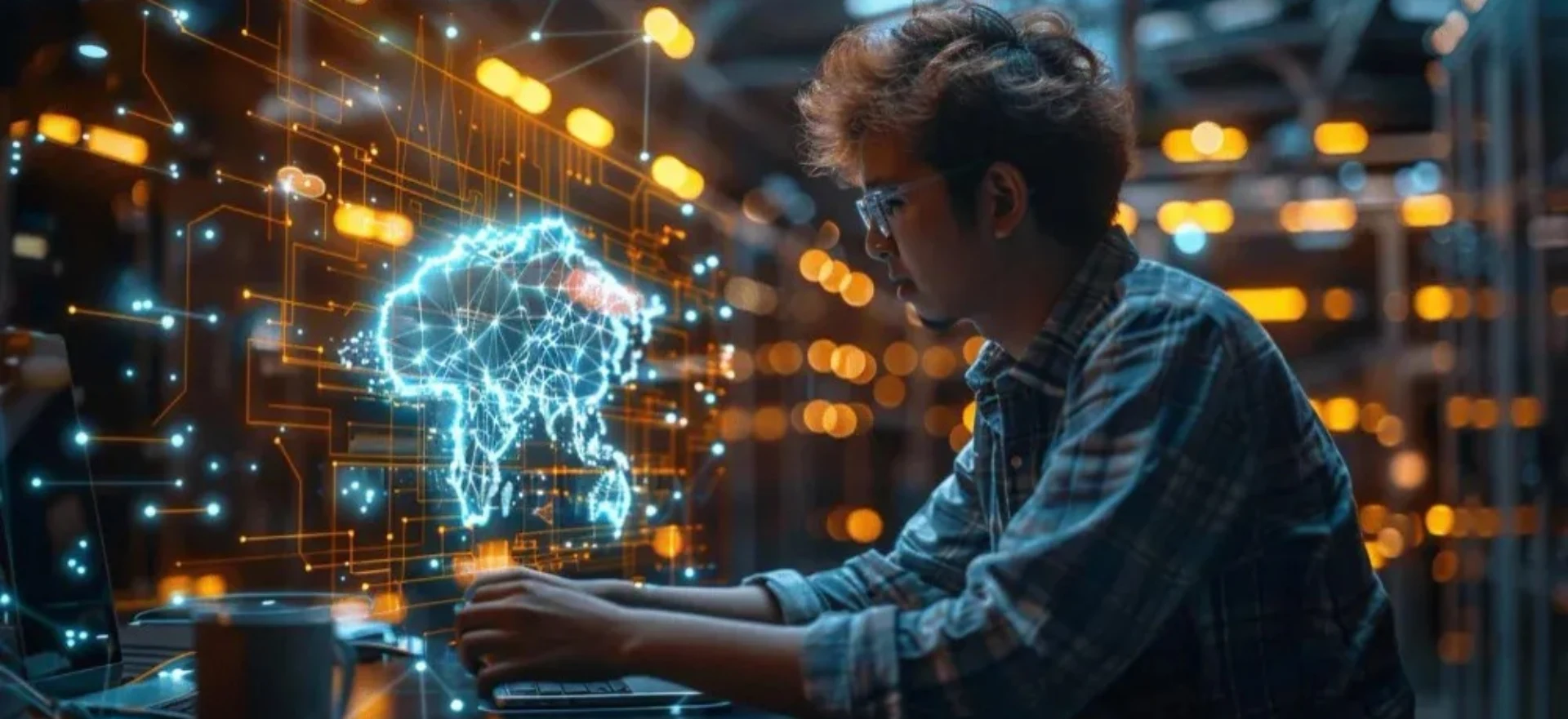
The Creative Revolution: AI’s Impact on Human Imagination
Introduction
Artificial Intelligence (AI) is no longer limited to technical automation or data-driven decision-making. It has entered one of humanity’s most sacred territories—creativity. From music composition and visual arts to content creation and filmmaking, AI’s impact on human imagination is undeniable. This powerful revolution is changing not just how we create but also how we think about creativity itself.
But is this change empowering human imagination or restricting it? Can machines truly inspire original thought, or are we heading toward a future where creativity becomes machine-driven? This article explores how AI is shaping human imagination, its benefits, challenges, and future potential.
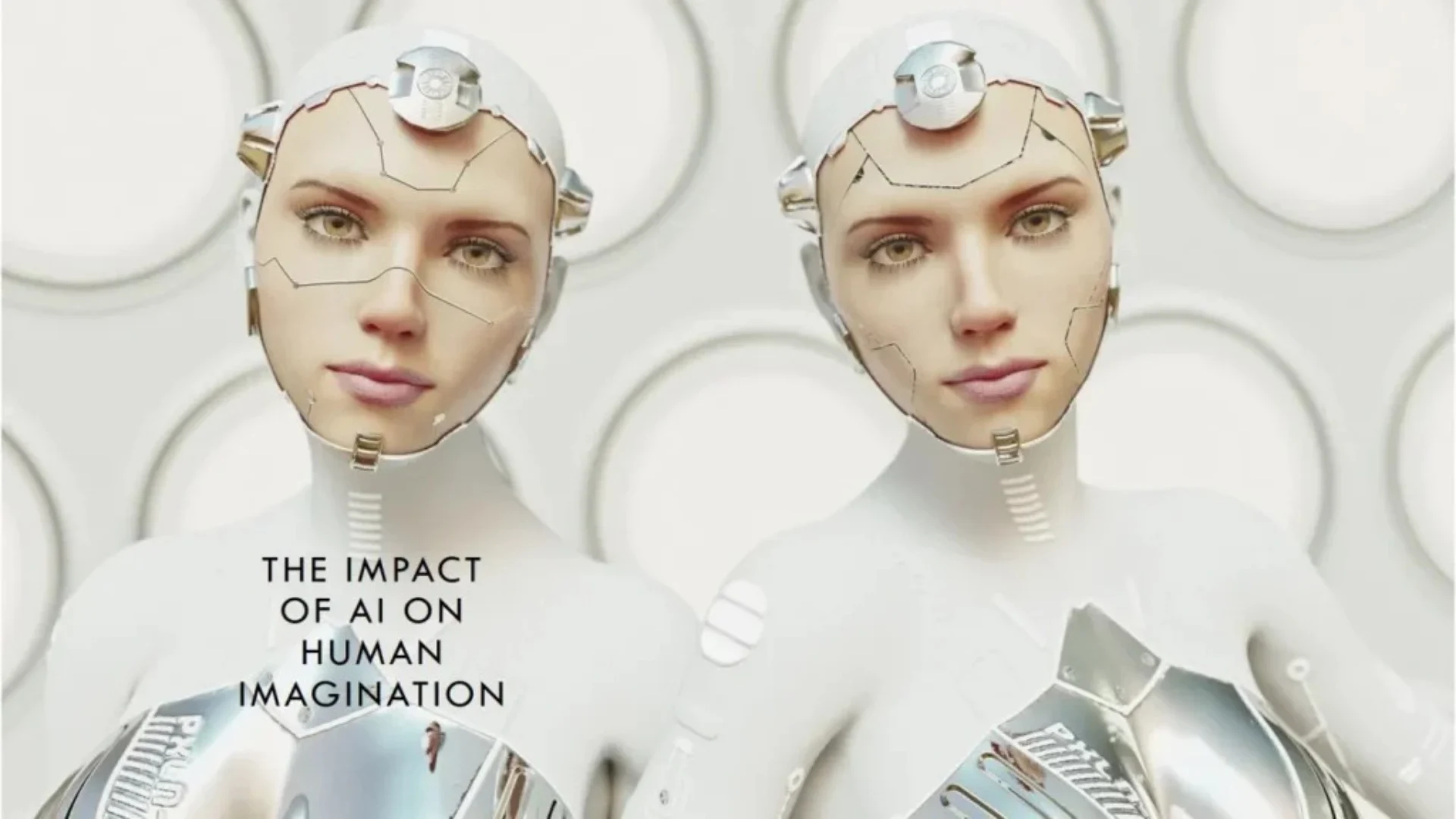
The Rise of AI in Creative Fields
1. AI as a Creative Tool
AI systems like ChatGPT, MidJourney, and Adobe Firefly are enabling artists, writers, designers, and filmmakers to expand their creative possibilities. Instead of replacing creativity, these tools amplify imagination by removing repetitive tasks and speeding up idea generation.
- Example: Writers use AI to brainstorm ideas, outline plots, or improve editing speed.
- Example: Designers generate complex patterns or color schemes using AI algorithms in seconds.
This collaboration allows humans to focus on high-level thinking and emotional depth while machines handle technical complexities.
2. The Democratization of Creativity
In the past, creativity often required expensive tools, formal training, or years of practice. Today, AI-powered tools lower those barriers:
- AI music composition tools enable beginners to create professional-sounding tracks.
- AI art generators allow non-artists to produce visually stunning images within minutes.
This democratization ensures more people have access to creative expression, leading to a more diverse and inclusive creative landscape.
3. Speed and Efficiency in Creative Processes
One of the biggest ways AI’s impact on human imagination is visible is through speed:
- Filmmakers can create concept art and visual effects faster.
- Marketing teams generate ad copies and design campaigns within hours instead of weeks.
This acceleration allows creators to experiment more, leading to higher productivity and innovative outcomes.
Benefits of AI’s Impact on Human Imagination
1. Breaking Creative Blocks
Even the most talented individuals face creative blocks. AI can act as an idea companion, providing suggestions or fresh perspectives when inspiration runs dry. For example:
- Writers can ask AI for alternative plot twists.
- Graphic designers can generate multiple variations of a concept to explore new directions.
This boosts overall creative confidence and accelerates problem-solving.
2. Enhancing Human-AI Collaboration
Contrary to the fear that AI will replace creativity, many experts believe AI and human imagination work best together. Humans bring emotional intelligence, storytelling, and cultural understanding, while AI contributes analytical power and rapid execution.
- Example: A fashion designer may use AI for trend analysis and pattern generation but still decide final aesthetics based on human intuition.
This partnership leads to unique, high-value creations that might not be possible by humans or machines alone.
3. Expanding Creative Horizons
AI enables people to explore domains outside their expertise.
- An engineer can compose music using AI.
- A novelist can design book covers using AI-based tools.
This cross-disciplinary creativity fosters innovation and inspires new ways of thinking and problem-solving.
Challenges of AI’s Impact on Human Imagination
1. Risk of Homogenized Creativity
While AI generates content quickly, it often relies on patterns from existing data. Overuse may lead to repetitive or formulaic output, reducing originality.
- For example, AI-generated music might sound similar because it follows predictable structures.
Creators must balance AI input with personal originality to avoid creative stagnation.
2. Ownership and Copyright Issues
Who owns AI-generated content?
- The creator who gave instructions?
- The AI developer?
- Or is it public domain?
These unresolved questions around intellectual property can discourage creators from fully embracing AI tools.
3. Dependency on Machines
Another potential downside of AI’s impact on human imagination is over-dependence. If creators rely too heavily on AI, their own problem-solving and critical-thinking skills might decline over time.
- Example: Writers using AI for every draft may lose their unique storytelling voice.
The challenge is to treat AI as an assistant, not a replacement for human imagination.
4. Ethical Concerns in Creativity
AI-generated content sometimes unknowingly mimics existing work or includes biases present in its training data.
- Example: AI art may unintentionally replicate a living artist’s style without consent.
These issues require ethical guidelines to ensure AI-driven creativity respects originality and fairness.
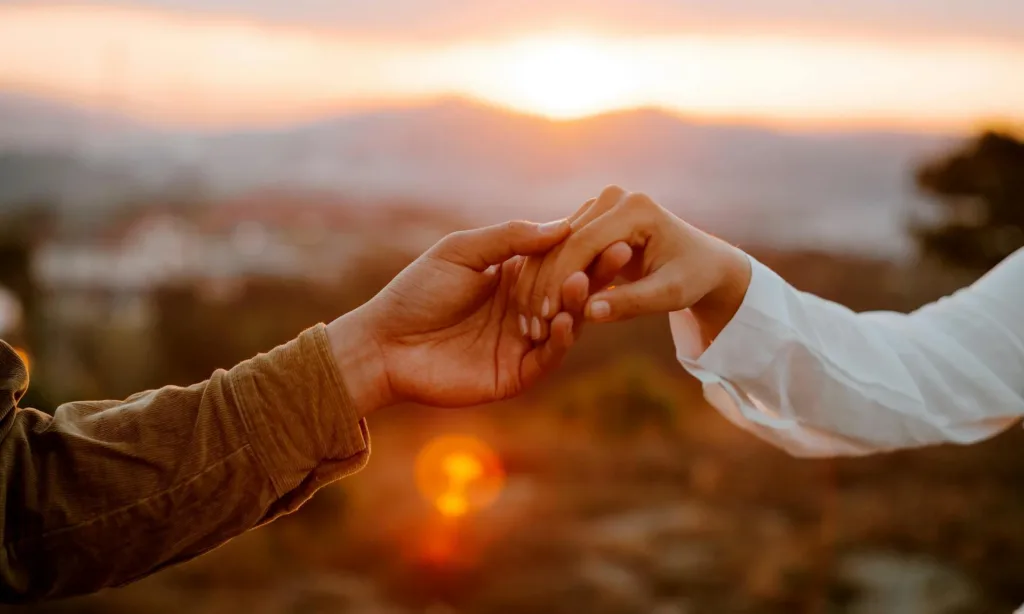
How AI is Transforming Specific Creative Industries
1. Art and Design
- AI Art Generators like DALL·E and MidJourney create unique visuals in seconds.
- Designers use AI for concept art, fashion design, and architecture, speeding up idea testing and visualization.
2. Music and Audio
- AI tools such as AIVA and Amper Music help compose film scores, ads, and even pop songs.
- Audio engineers use AI for mastering tracks, enhancing sound quality, and predicting listener preferences.
3. Writing and Publishing
- Content creators use AI to draft blog posts, create outlines, or even produce poetry.
- Publishing companies use AI for market analysis, predicting book trends, and generating titles.
4. Film and Media
- AI-driven visual effects speed up post-production.
- Screenwriters use AI for plot development and character analysis, opening up new storytelling opportunities.
Will AI Replace Human Creativity?
The short answer: No, but it will redefine it.
Creativity is deeply tied to human emotion, culture, and lived experiences—something machines cannot replicate. AI can imitate patterns and generate new combinations, but it lacks true consciousness and personal perspective. AI’s impact on human imagination is not about replacement; it’s about augmentation.
The future of creativity will likely involve humans focusing on emotional depth, ethical decisions, and storytelling while AI handles repetitive and technical tasks.
Future Outlook: A New Creative Era
Looking ahead, AI’s impact on human imagination will continue to grow as AI becomes more advanced and accessible. We can expect:
- More personalized creativity tools tailored to individual needs.
- Increased collaboration between AI and creative professionals in industries like gaming, architecture, and entertainment.
- Development of ethical guidelines to address issues of originality, ownership, and bias.
Instead of fearing AI, embracing it as a creative partner will lead to innovations we cannot yet imagine.
Conclusion
The creative revolution powered by AI is transforming how humans think, imagine, and create. AI’s impact on human imagination brings unprecedented opportunities to break creative barriers, democratize artistry, and explore new horizons. Yet, it also brings challenges such as dependency, ethical concerns, and potential loss of originality.
The key is balance—leveraging AI as a powerful tool while preserving the human spark that gives creativity its soul. When humans and AI work together, the future of imagination is brighter, faster, and limitless.

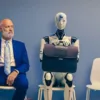

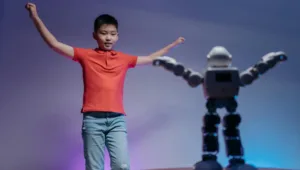
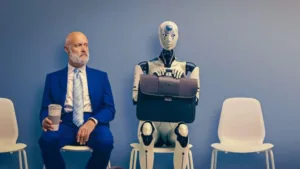
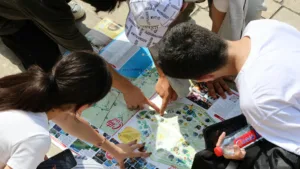
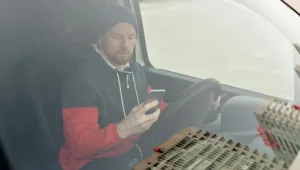
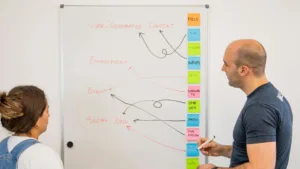



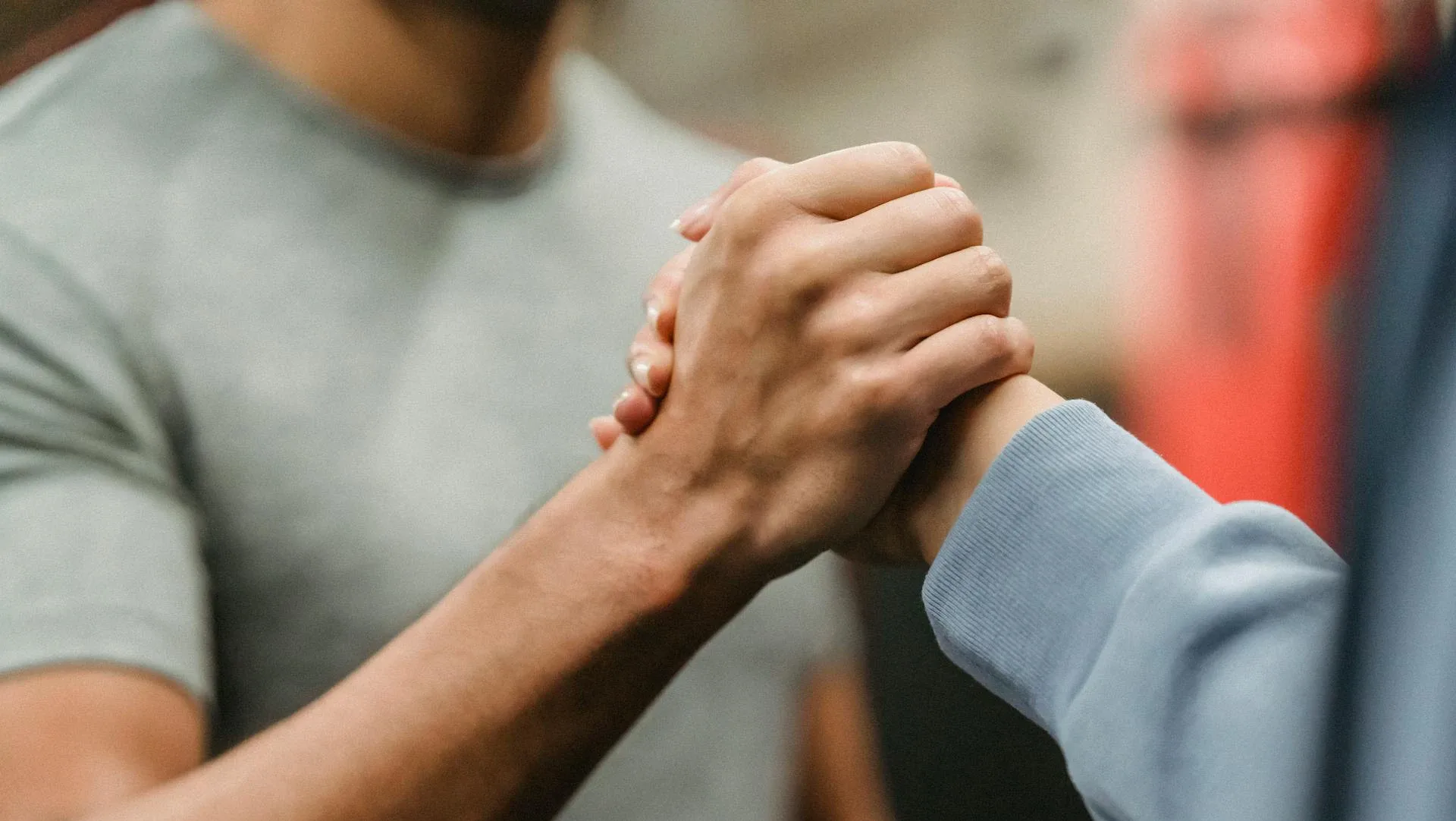

Add comment